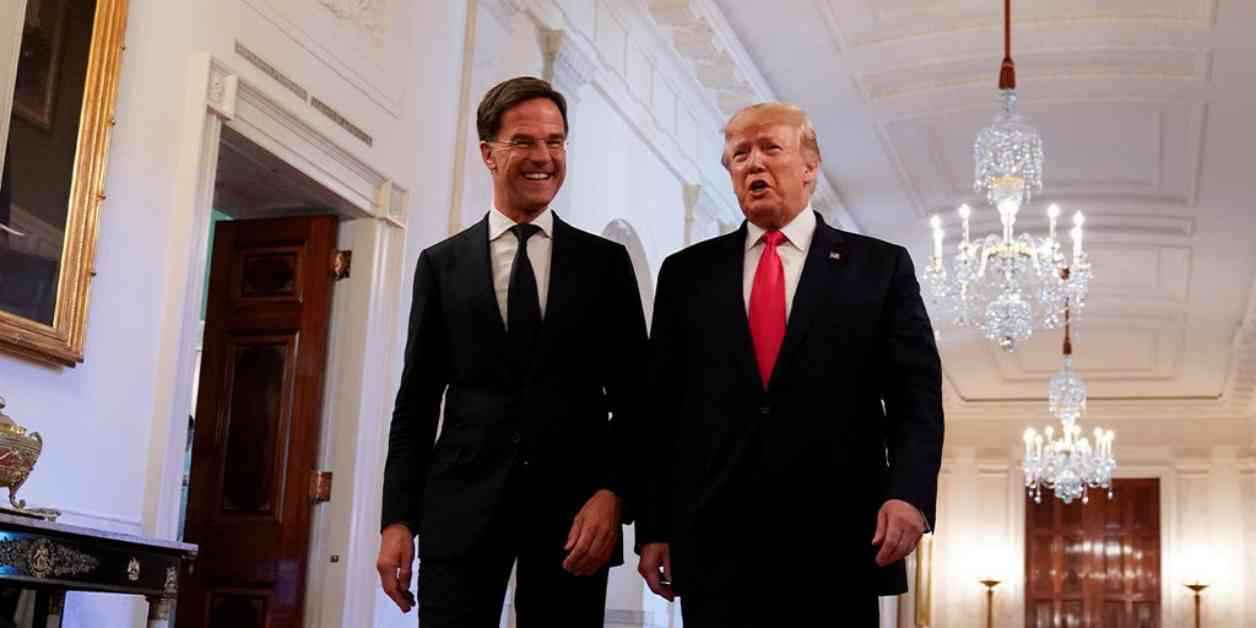In a recent visit to the White House, NATO Secretary General Mark Rutte praised President Donald Trump’s efforts to urge NATO allies to boost defense spending, particularly in light of ongoing efforts to resolve the conflict in Ukraine. Trump has consistently pushed for NATO members to increase their defense expenditures to between 2% and 5% of their gross domestic product, emphasizing the need for European nations to take on more responsibility for their continent’s security.
During a press conference at the White House, Rutte highlighted the progress being made, noting that leaders like the British Prime Minister have committed to significantly higher defense spending. Despite these positive developments, Rutte stressed the importance of further strengthening the defense capabilities of both the United States and Europe, cautioning that they are falling behind countries like Russia and China in terms of defense production.
Ramping Up Defense Efforts Across Europe
European Commission President Ursula von der Leyen recently proposed an $841 billion plan for European Union countries to enhance their defense spending, reflecting a growing trend towards bolstering security measures across the continent. Additionally, British Prime Minister Keir Starmer has pledged to increase the UK’s defense spending to 2.5% of its gross domestic value, a significant rise from the current 2.3% allocation that amounts to nearly $17 billion.
The United States, as of 2023, allocates 3.3% of its GDP towards defense spending, totaling $880 billion. The Peterson Institute for International Economics in Washington, D.C., a nonpartisan organization, provided these figures, highlighting the considerable financial commitment the U.S. makes to NATO. While the U.S. contributes over 50% of NATO’s funding, other allies like the United Kingdom, France, and Germany have contributed between 4% and 8% in recent years.
Strengthening NATO for the Future
Defense Secretary Pete Hegseth has also emphasized the importance of NATO members increasing their defense spending to ensure the alliance’s longevity and effectiveness. Hegseth, during a visit to Brussels in February, underscored the critical role that NATO plays in global defense, urging partners to do more for the defense of Europe.
As talks continue to resolve the conflict in Ukraine, various nations, including the UK and France, have proposed deploying troops to safeguard Ukraine against potential Russian aggression as part of peace negotiations. These initiatives align with the broader goal of enhancing security across Europe and reinforcing NATO’s commitment to collective defense.
In conclusion, the efforts to enhance defense spending among NATO allies are crucial steps towards strengthening the alliance and ensuring the security of member nations. The ongoing dialogue and commitments from leaders like President Trump and Secretary General Rutte demonstrate a shared dedication to bolstering transatlantic security and upholding the principles of the NATO alliance. As global threats continue to evolve, the importance of a robust and united defense front cannot be overstated.


